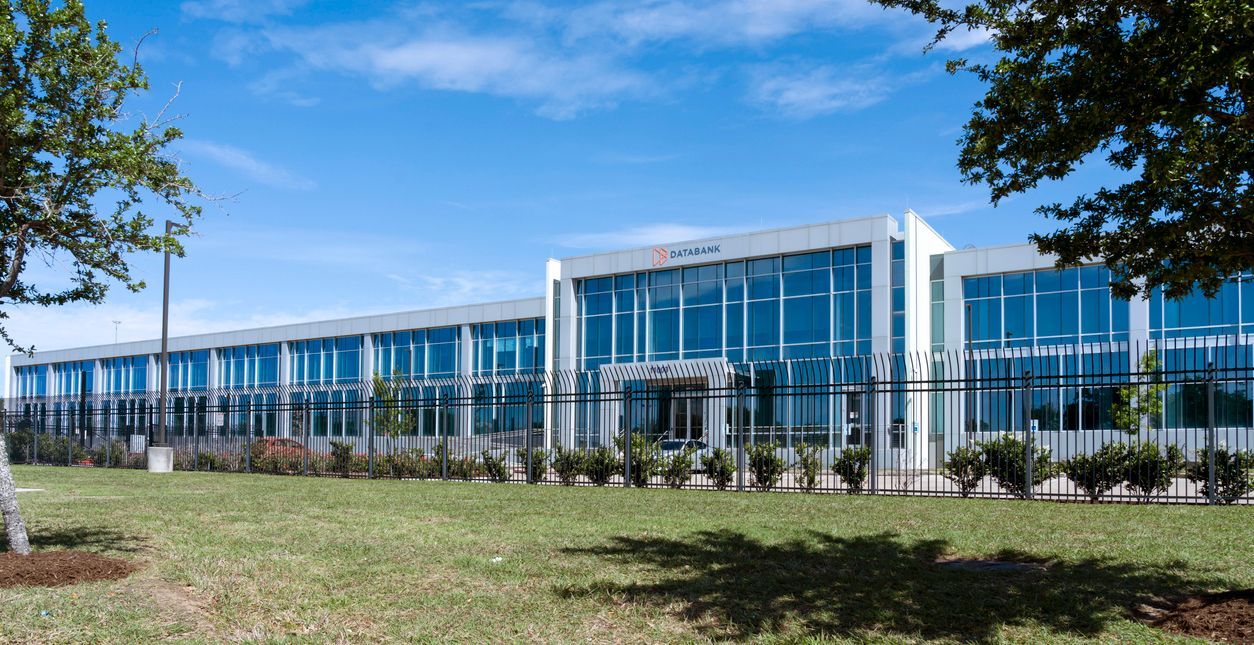The Basics of Wastewater Heat Recovery
Understanding Wastewater Heat Recovery to Maximize Energy Efficiency
In the quest for sustainability and efficiency, industries and municipalities are increasingly turning to innovative methods to harness every available resource. One such method gaining traction is wastewater heat recovery. This process involves capturing and utilizing the thermal energy present in wastewater before it is discharged, thereby reducing energy consumption and environmental impact. In this article, we will delve into the basics of wastewater heat recovery, exploring its benefits, applications, and key considerations.
What is Wastewater Heat Recovery?
Wastewater, often generated from industrial processes or municipal facilities, carries a significant amount of heat energy, which would otherwise go to waste. Wastewater heat recovery is founded on the principle of
Sewage Thermal Energy Utilization (STEU) - a concept goes beyond the traditional view of sewage as waste heat. By recognizing its dual capability as a source for productive heating and cooling applications and by implementing heat recovery systems, this energy can be salvaged and utilized for residential space heating and cooling, water heating, as well as industrial processes.
Key Components of Wastewater Heat Recovery Systems
- Heat Exchangers: Central to wastewater heat recovery systems are heat exchangers, which facilitate the transfer of thermal energy from the wastewater to a separate fluid loop. These exchangers come in various designs, depending on the specific application and requirements.
- Heat Transfer Fluid: A secondary fluid, often water or a specialized heat transfer fluid, circulates within the heat exchanger to absorb the recovered thermal energy. This fluid then carries the heat to where it is needed, such as heating systems or industrial processes.
- Distribution & Utilization Systems: Once the thermal energy is transferred to the secondary fluid, it is distributed and utilized according to the specific heating requirements. This may involve circulating the fluid through radiators, boilers, or other equipment to provide space heating and cooling or hot water.
- System Design & Sizing: Properly sizing the heat recovery system and selecting appropriate components are crucial for maximizing efficiency and performance. Regular maintenance and monitoring of the system are also essential to ensure optimal operation and longevity.
Benefits of Wastewater Heat Recovery
- Energy Efficiency: By capturing and repurposing thermal energy that would otherwise be wasted, wastewater heat recovery systems significantly improve energy efficiency, leading to reduced utility costs and environmental impact.
- Cost Savings: The utilization of recovered heat can result in substantial cost savings on heating expenses, particularly for industries with high energy demands or municipalities operating large wastewater treatment facilities.
- Environmental Sustainability: Wastewater heat recovery aligns with sustainability goals by reducing reliance on fossil fuels and lowering greenhouse gas emissions associated with conventional heating methods.
A Sustainable Path Forward
Discover the potential of unused resources with the utilization of freely available heat contained within a sewer system for heating and cooling of the built environment, from a single building to a whole district. Wastewater heat recovery presents a compelling opportunity to enhance energy efficiency, reduce costs, and promote environmental sustainability across various industries and applications. By harnessing the untapped thermal energy present in wastewater streams, organizations can make significant strides towards a more resource-efficient future. With careful planning, implementation, and maintenance, wastewater heat recovery systems can deliver long-term benefits for both the bottom line and the planet.
Connect with the Experts at The Sewer Thermal Energy Network (STEN)
Wastewater Heat Recovery is a potent solution in the sustainable energy landscape, transforming waste into a valuable resource. As engineers and professionals in related fields, it's crucial to continue exploring and promoting such innovative technologies. STEN is all about helping planners and professional understand the potential of heat recapture. We are eager to hear your thoughts, concerns and hopes for this promising approach to making our energy systems more sustainable. STEN invites you to send a message to begin a conversation that will give you the answers you need…


